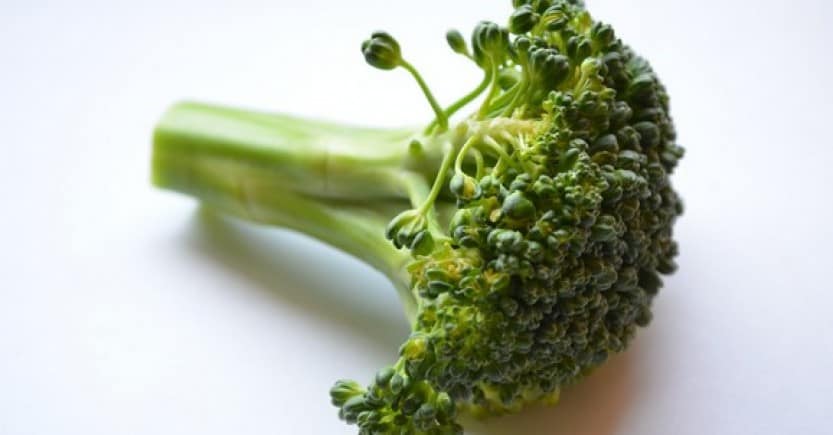18 Neuro-protective Benefits of Taking Alpha-lipoic Acid
Each year new scientific understanding raises the status of the powerful antioxidant alpha-lipoic acid (ALA). Found in select foods including spinach, broccoli, yams, potatoes, carrots, beets, and red meat, alpha lipoic acid is also made in small amounts by the body. ALA plays an important role in the way cells process chemicals in the body.
Many physicians now recommend ALA as a supplement in oral, injection, or IV form because of its proven benefits. It has received the most attention as a therapy for neuropathy associated with diabetes. However, studies also suggest its positive potential for use in dealing with these issues, among others:
- acceleration of wound healing
- age-related hearing loss (animal model)
- atherosclerosis
- arsenic toxicity
- cancer (effects of chemotherapy)
- cerebrovascular diseases
- chelation
- chronic diseases associated with oxidative stress
- chronic liver disease
- diabetes
- diabetic neuropathy
- histidine metabolic disorders
- inflammation
- mercury poisoning
- migraine prevention
- multiple sclerosis
- peripheral artery disease
- prevention of Alzheimer’s Disease
Alpha-lipoic acid is an antioxidant made by the body and found in every cell, where it helps turn glucose into energy. Antioxidants are substances that attack “free radicals,” waste products created when the body turns food into energy. Free radicals cause harmful chemical reactions that can damage cells in the body, making it harder for the body to fight off infections. They also damage organs and tissues.
Unlike other antioxidants, which work only in water (such as vitamin C) or fatty tissues (such as vitamin E), alpha-lipoic acid is both fat- and water-soluble. That means it can work throughout the body. In addition, antioxidants are depleted as they attack free radicals, but evidence suggests alpha-lipoic acid may help regenerate these other antioxidants and make them active again. (Source: The University of Maryland Medical Center).
“ALA”: Don’t get confused by the abbreviation!
Alpha-linolenic acid is also abbreviated ALA. Alpha-linolenic acid is a polyunsaturated fatty acid and the only omega-3 fatty acid found in vegetable products. It is essential for nutrition, but differs significantly from alpha lipoic acid.
Research Review
See here for a review of animal and human research on alpha lipoic acid.







Does anyone know if ALA safe to take if you have mercury amalgam fillings?